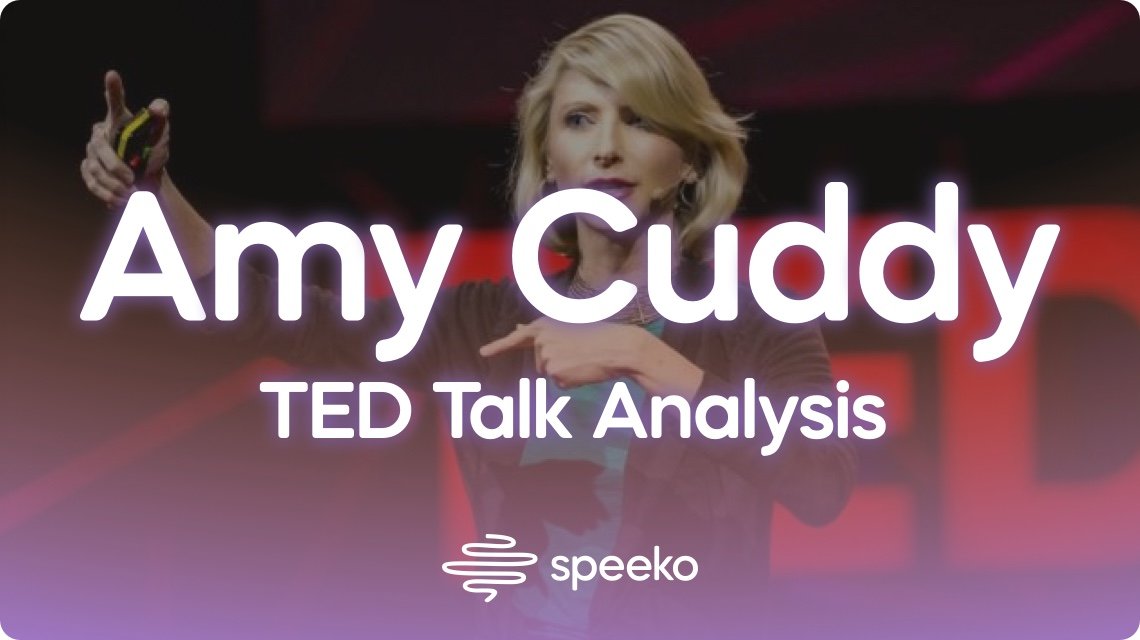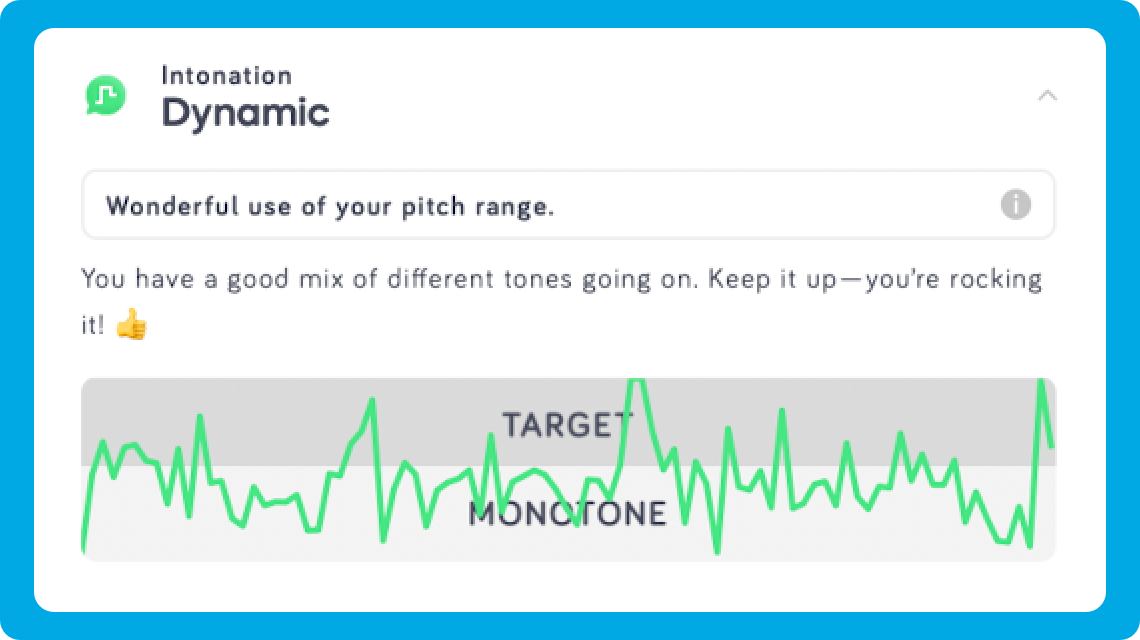Inside Amy Cuddy’s TED Talk: Summary and the Debate on Power Poses
Famously known as the “power pose TED Talk,” Amy Cuddy’s TED Talk “Your body language may shape who you are” (TEDGlobal 2012) illustrates the power of body language and nonverbal communication. Through her research, Cuddy discovered that adopting high-power poses can change our hormone levels and make us feel more confident and less stressed, which in turn has a positive impact on our success and well-being.
Speech outline
Theme: How body language affects our sense of self and interactions with others
Opening: Cuddy asks the audience to do a quick assessment of their body posture. She shows images and videos of politicians’ body language.
Key Idea 1: Body language affects how others perceive us and can influence hiring decisions and even election outcomes.
Key Idea 2: “Power poses” are proven to work.
Key Idea 3: We can use our body language to change our perceptions of ourselves and our abilities.
Closing: Cuddy shares a personal story about being in a car accident and having impostor syndrome around being smart. She shares advice to take small steps to change your body language and improve their confidence, emphasizing that these small changes can greatly impact our success and well-being—“Fake it til you become it.”
Public speaking techniques
Body language: Fittingly, Cuddy uses her entire body to demonstrate the difference between powerful and powerless postures.
Storytelling: Cuddy shares personal anecdotes from her research career, adding a sense of humanity to the scientific data.
Visual aids: Cuddy uses clear and simple graphs and photos to illustrate statistics and scientific evidence.
A.I. analysis of Amy Cuddy’s speaking style. Get feedback on your own speaking style with Speeko.
“Tiny tweaks can lead to big changes.”
Why is this TED Talk important and relevant?
Amy Cuddy is a social psychologist and bestselling author who is best known for her research on the power of body language to shape our thoughts and behaviors.
The power pose debate: strong stance or weak argument?
Cuddy made waves in the field of social psychology with the virality of her 2012 TED Talk. But it wasn’t all for good reasons.
For an overview of the controversy, watch behavioral scientist Pete Judo’s eight-minute recap, “The downfall of power posing.”
The crux of the issue is that many social scientists haven’t been able to replicate Cuddy’s research findings from her 2010 study.
Her academic peers critiqued her methods and interpretation of data, and they attempted to reproduce her results through their own studies but failed.
In 2017, Cuddy responded to the critics in an interview with TED. Later that year, the New York Times published an in-depth story about the debate.
Despite the ongoing controversy surrounding Amy Cuddy’s research, her TED Talk continues to resonate with audiences. Her research on “power poses” (particularly their claimed effect on testosterone) is still shared by speech coaches and content creators alike.
So, what does that tell us? Maybe there’s something to it after all.
👉 Check out the full list of the most popular TED Talks all time.
Bonus talk
Cuddy shares useful tips to manage your nerves around public speaking.
Amy Cuddy, “Tips for successful public speaking” (Amazon Insights for Entrepreneurs 2018)
Download Speeko (iOS/macOS) to practice and get A.I. feedback on your presentation.
Speeko for TED Talks
Tap into the power of A.I. coaching to unleash your full speaking potential. Use Speeko to prepare, write, and organize your TED Talk. From gathering your stories to using humor, you’ll strengthen your skills and receive invaluable feedback on key areas of your speaking style.







